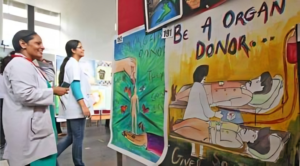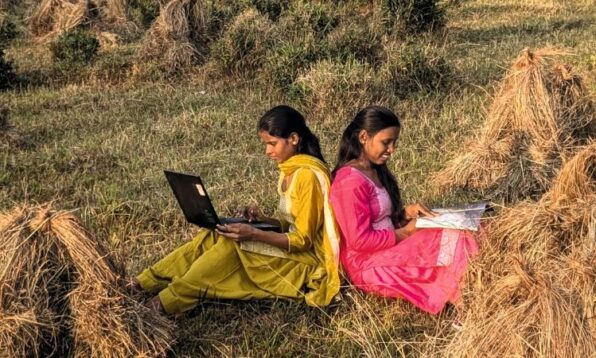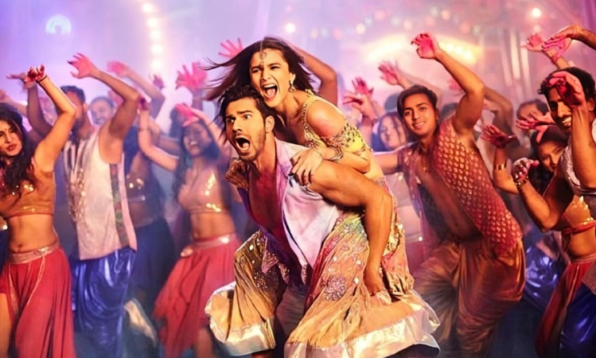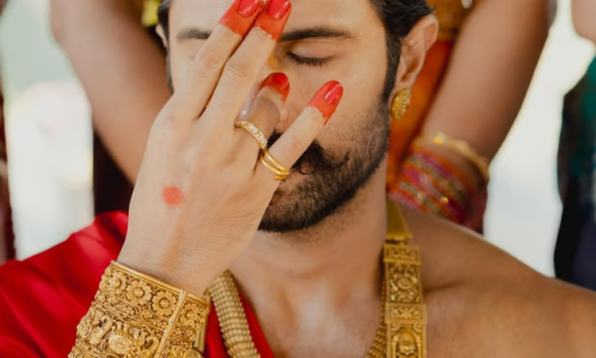The headline sounds unbelievable but it is the ugly truth of a patriarchal society. A report by the National Organ and Tissue Transplant Organisation (NOTTO) said there were 18,378 total transplants in 2023, including 15,435 transplants from living donors. Of these living donors, 80% were women. Why?
The Mohan Foundation, a nonprofit, non-governmental organisation promoting organ donation, presents alarming statistics about the increase in women living donors from 1995 to 2021. The data also highlighted that 29,000 (80.7%) men received organs in comparison to only 6,945 women. Why?
To understand the reasons behind this issue, we spoke with Mr Girish Sagar, a Transplant Coordinator at Epitome Kidney Urology Institute and Lions Hospital.
Related: Dear Men, Women Are Better Drivers. You Need To Read The Stats
Family structure and social conditioning

In India, the decision-making around organ donation rests heavily on the roles both men and women perform. According to Mr Sagar, women have always been seen as “caregivers and are more willing to sacrifice for the well-being of their families.” On the contrary, families rely on their male members to meet the basic needs for living a decent life. Being the breadwinners, families safeguard men from the risky responsibility of organ donation in India.
“The deep-rooted patriarchal mindset places the burden of sacrifice on women to support their family, even at the cost of their own health”, explained Mr Sagar.
Organ donation: Voluntary for men, obligation for women?
Traditional roles influence women’s decision-making in organ donation. But at the same time, it also makes them obligated to donate due to “emotional or societal pressure.” This is more prominent in the joint families of rural areas as women prioritise family harmony over their health. However, the concerned authorities are taking measures to raise awareness among people. Mr Sagar said, “With ethical scrutiny by transplant committees, such cases are being carefully evaluated to ensure true voluntariness.”
Patriarchy at its worst
In India, women don’t even get to prioritise their own families if organ donation is required. Mr Sagar explained, “Female donors end up donating to their husband’s family members rather than their own”. This choice reflects social conditioning, which teaches women to prioritise their in-laws’ family over their own.
The present state of organ donation in India

The current organ transplantation and donation trend differs in rural and urban settings. People living in cities have access to education and other facilities that the villages lack. This has comparatively increased the financial independence in women residing in urban areas. “The gap is narrowing, leading to a growing emphasis on individual choice,” Mr Sagar said. However, the “increased awareness and financial independence” in rural women has shown a considerable change. “More families are now considering the health and well-being of female members before pushing them toward donation,” Mr Sagar explained.
“No male member of the family came forward to save the young boy’s life”

In our conversation with Mr Sagar, he shared a recent case of a 19-year-old boy in need of a kidney transplant. “Despite the presence of several male family members, only women, including his mother, stepped forward to help the teenager. However, upon medical evaluation, the boy’s mother was deemed unfit for donation. Following this, the boy’s 69-year-old grandmother volunteered to donate. Unfortunately, due to her age and medical concerns, she was also deemed unfit by the medical team,” explained Mr Sagar.
Eventually, the boy’s maternal aunt came forward to help her nephew. After medical testing, she was considered a suitable donor. The boy’s organ transplantation procedure was successful due to the support of his female family members.
“This case highlights how, despite two female donors being rejected, no male member of the family came forward to save the young boy’s life. In the end, his maternal aunt was happy and satisfied after donating her kidney,” said Mr Sagar.
Related: Mom Guilt Is A Scam, And Here’s Why You Should Stop Falling For It

 Web Stories
Web Stories











